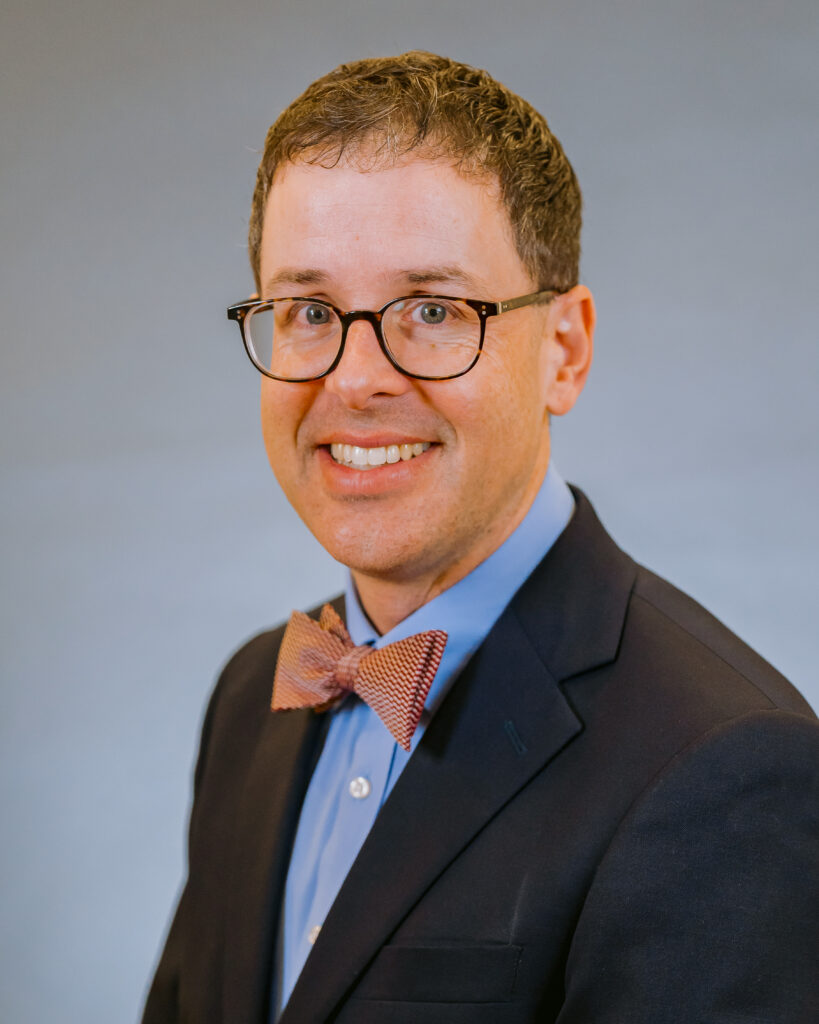
WASHINGTON – Attorneys with Alliance Defending Freedom and Fletcher, Heald & Hildreth asked the U.S. Supreme Court Friday to hear the case of religious broadcasters challenging government officials’ discrimination against their speech by charging them exponentially higher rates to stream music online than secular National Public Radio broadcasters.
In July, the U.S. Court of Appeals for the D.C. Circuit affirmed a decision by the U.S. Copyright Royalty Board that set rates that are 18 times higher for religious noncommercial webcasters with an audience above a modest 218-listener threshold than the average rate for secular NPR stations. The lawsuit argues that this favoritism unfairly suppresses religious speakers and their religious speech online and violates the Religious Freedom Restoration Act and the First Amendment.
“The government punishes noncommercial religious broadcasters by making them pay a license fee more than 18 times higher than NPR above a modest listener threshold,” said ADF Senior Counsel John Bursch, vice president of appellate advocacy. “This unlawful discrimination forces some noncommercial religious stations to stay small and restrict their listener reach so they can afford to stream online. The Copyright Royalty Board is violating federal law and the U.S. Constitution, and so we are urging the Supreme Court to take this important case and rule on the side of religious liberty and free speech.”
“The Copyright Royalty Board’s noncommercial rate structure places a heavy thumb on the webcasting scale in favor of secular NPR speech over religious speech. This harms hundreds of noncommercial religious stations nationwide, including over 1,000 represented by the National Religious Broadcasters Noncommercial Music License Committee,” said Fletcher, Heald & Hildreth partner Karyn Ablin, who is serving as co-counsel in the case on behalf of the National Religious Broadcasters Noncommercial Music License Committee. “The rate structure impedes nonprofit religious stations from communicating messages of hope and inspiration at a time when such messages are desperately needed. It has been over 25 years since the webcasting statutory license was created, and the time has come for the Supreme Court to scrutinize the Board’s rate structure and ensure an equal playing field in the marketplace of ideas for all noncommercial online speakers, consistent with the First Amendment and RFRA.”
Every five years, the Copyright Royalty Board issues a statutory license that establishes the terms and rates under which companies that stream copyrighted songs over the internet make royalty payments to the songs’ copyright owners. In 2021, the board ruled that, for listening audiences above a modest average of 218 people, religious stations must pay webcasting royalty rates more than 18 times the average rate for NPR stations.
As the petition filed with the Supreme Court in National Religious Broadcasters Noncommercial Music License Committee v. Copyright Royalty Board and Librarian of Congress explains, the board’s “discriminatory treatment elevates secular content and suppresses religious speech online, putting religious stations at a severe disadvantage in the marketplace of ideas.”
Alliance Defending Freedom is an alliance-building, non-profit legal organization committed to protecting religious freedom, free speech, parental rights, and the sanctity of life.
# # #

